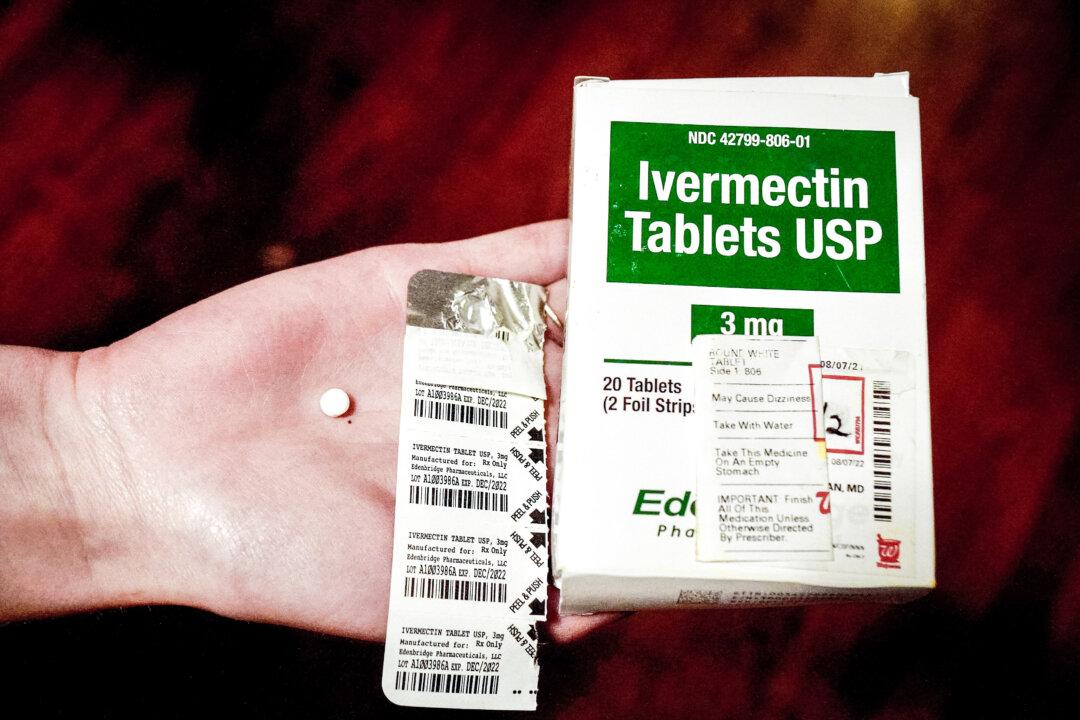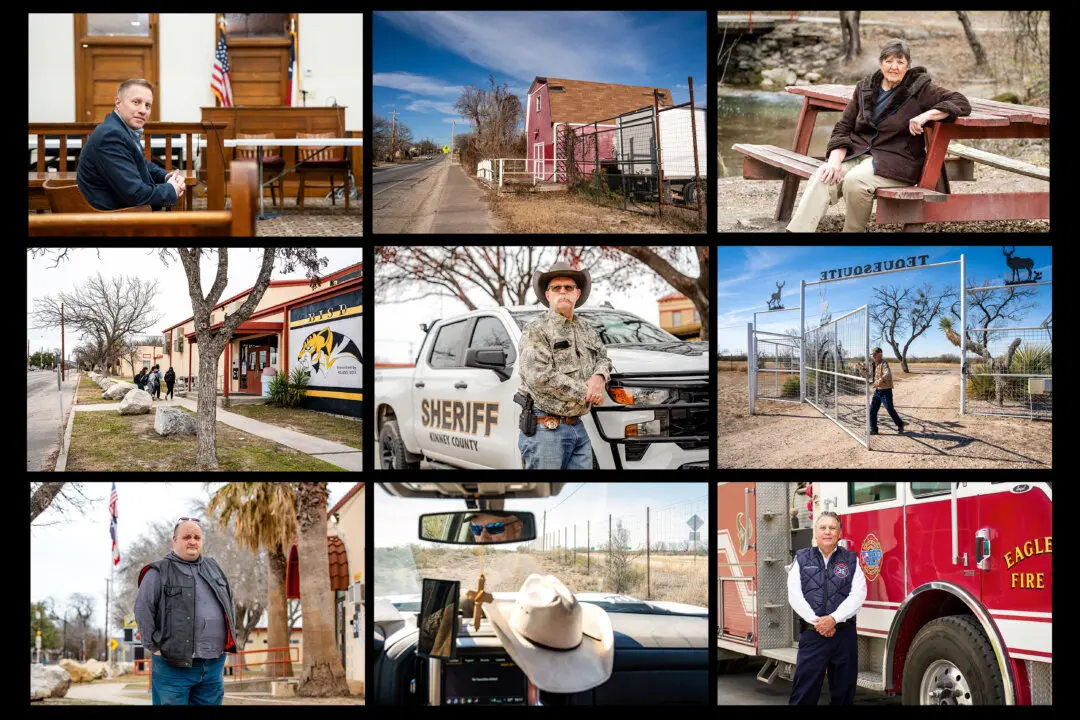Florida Gov. Ron DeSantis announced $205.7 million would be allocated to fight fentanyl addiction in the state by expanding a pilot program and funding mobile units that can help rural communities.
“We’re here today to talk about our efforts to combat the opioid crisis, and this is a serious crisis affecting not just the state of Florida but really every corner of these United States,” he said.





